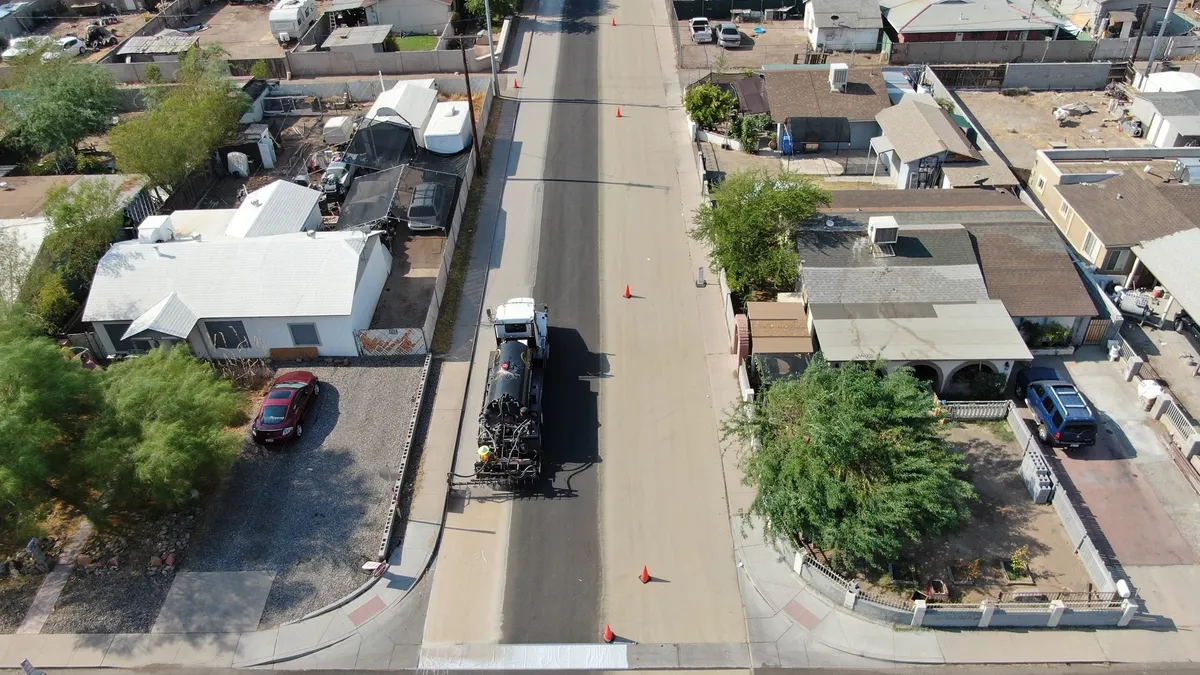Dive Brief:
- The We Are Still In coalition has launched its "We Are Taking Action" campaign to encourage local, state and private sector leaders to take action to address climate change.
- Lyft recently joined the coalition and became the first entity to make a new climate action contribution with its announcement of the Lyft Green Cities Initiative and decision to offset all carbon emissions.
- As part of the new initiative, the coalition will conduct working groups and panels throughout the year to discuss how to encourage more local climate action, and it will provide signatories with ideas for possible actions and the tools to implement them.
Dive Insight:
More than 2,700 signatories have joined the We Are Still In coalition, which launched last year after President Trump withdrew the United States from the Paris climate agreement. The mayors, governors, business leaders, university officials and others aimed to show a commitment to continued climate action at the non-federal level.
The new We Are Taking Action campaign launched on Earth Day to illustrate the concrete actions to improve the environment and mitigate climate change. In addition to taking part in the working groups and panels throughout the year, the coalition will have a significant presence at the Global Climate Action Summit in San Francisco in September.
Suggested climate actions still are in development, but the coalition appears to be working on scalable ideas depending on a signatory's size and available resources. Actions could include joining renewable energy groups or cities committing to changing building codes to reflect better sustainability.
Countless public and private sector leaders have expressed dismay over the nation's withdrawal from the Paris climate agreement last year, as well as a desire to do something about it. The We Are Still In coalition and its We Are Taking Action campaign provide a widespread collaboration that could benefit the thousands of signatories through idea and resource sharing, especially small signatories that might have difficulty devising and implementing major environmental initiatives on their own.











